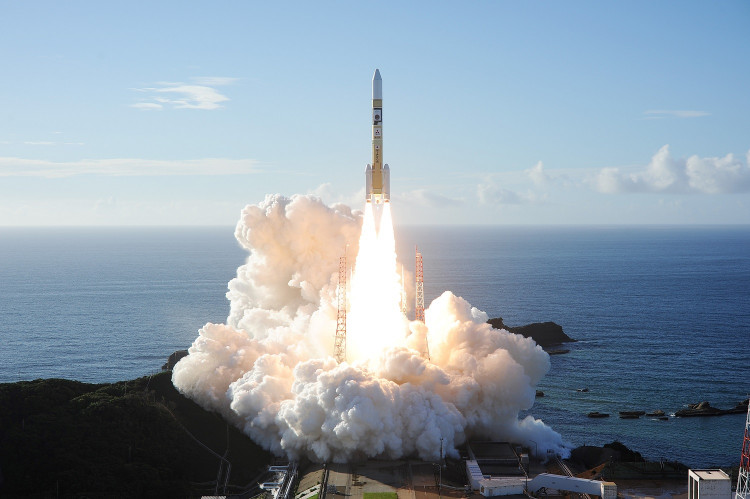The United Arab Emirates (UAE) is on its way to achieving the first interplanetary mission coming from the Arab region. On Sunday it launched a spacecraft called Hope, which is expected to reach Mars' orbit by February 2021.
Hope's mission is to understand the Red Planet's atmosphere and weather. Alhough it's a topic many missions have tackled before, the orbiter will take a more unique approach to the unknown. The UAE aims to help researchers across the globe better understand Mars' weather conditions in order to guarantee the most ideal environment for astronauts in future manned missions.
If the Hope orbiter successfully arrives on Mars, the UAE will become the fifth entity to ever visit the Red Planet. So far, only four have succeeded: NASA, ESA, Russia, and India. China is also launching its first mission to Mars.
NASA's Perseverance rover is also preparing for launch, with all three will arriving on Mars by early 2021.
The UAE is pretty much new to the space exploration business, only becoming active in 2009 when it launched a satellite with the help of South Korea. In 2018, the state successfully launched its first domestically built satellite called KhalifaSat.
Eventually, the UAE would want to follow its orbiter to Mars and send its first interplanetary robot. Human missions would have to wait, as the UAE is taking baby steps. Currently, its priority is sending astronauts to the International Space Station.
Hazzaa Al Mansouri is the first Emirati astronaut, launched in space last year in September. The UAE is already working to recruit more astronauts and is planning for longer missions to orbit.
The UAE is eyeing more missions to Mars though. It is actually preparing to participate in an analog mission for the first time in late 2020. If all goes well, the UAE may soon host similar analog missions and other research focused on the Red Planet. It is also planning to build the Mars Science City, a $140 million project in the middle of the desert in Dubai.





